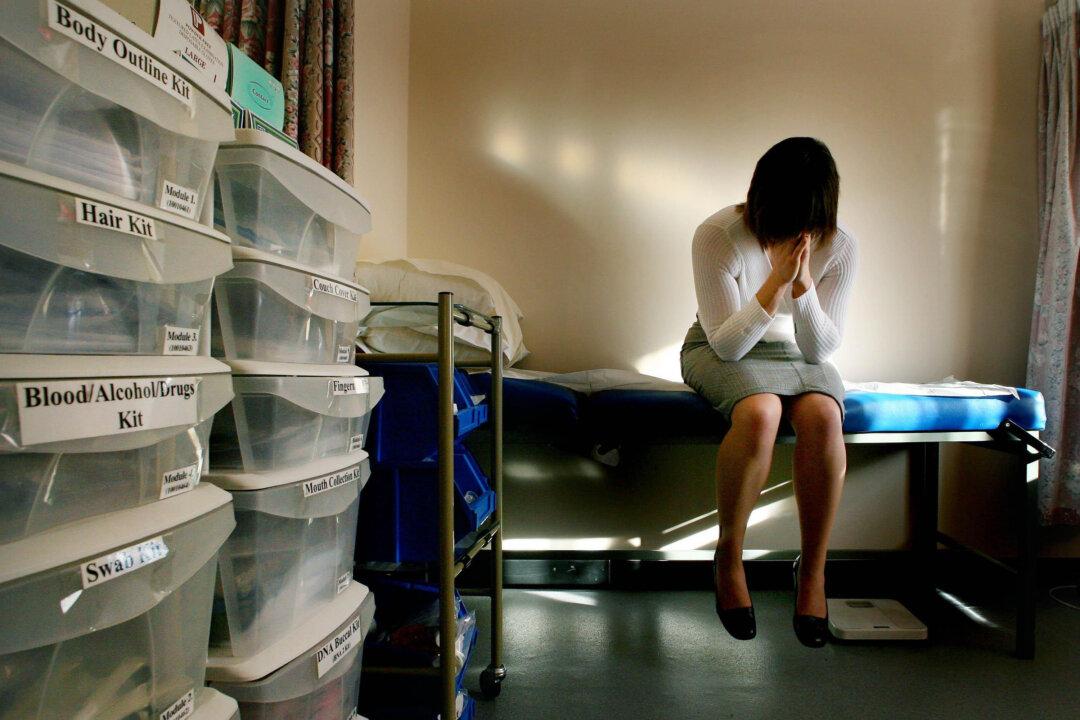Proposals by the Law Commission to restrict access to rape and sexual assault trials for journalists have been greeted with horror by the Society of Editors.
The Law Commission is conducting a review of the trial process for prosecutions of rape and other sexual offences in England and Wales—with submissions due by the end of September.





